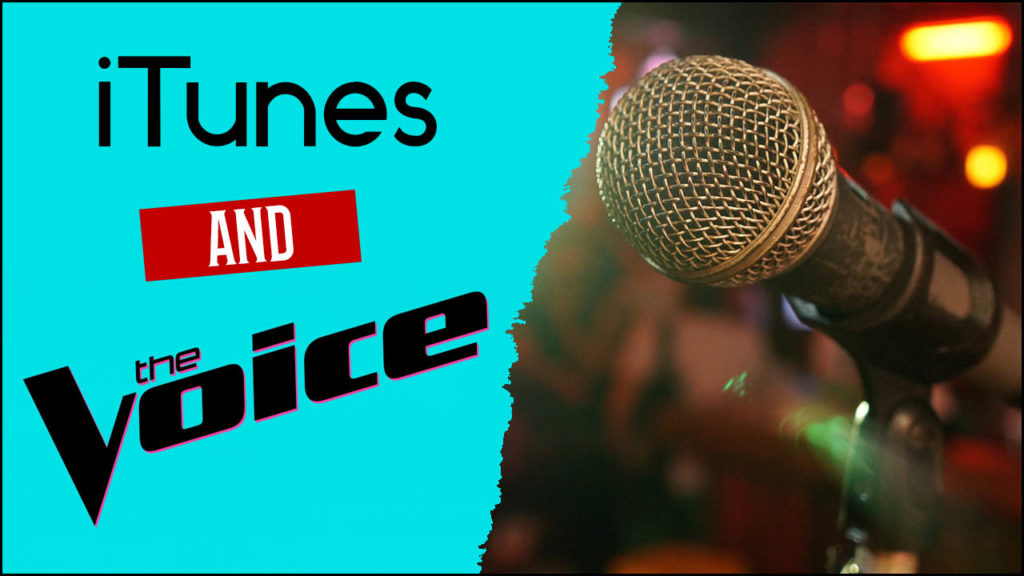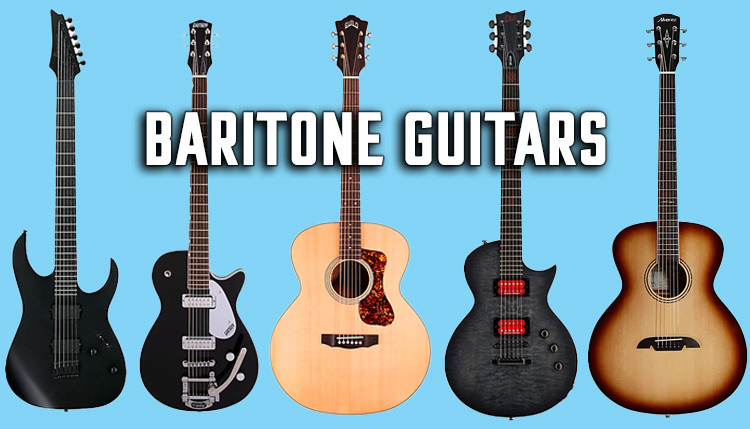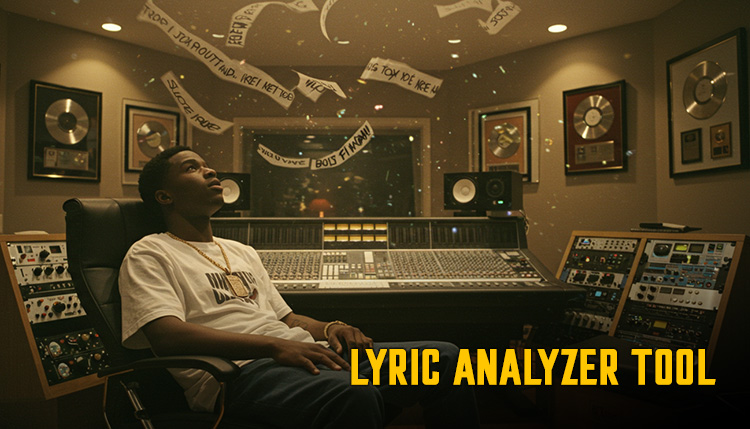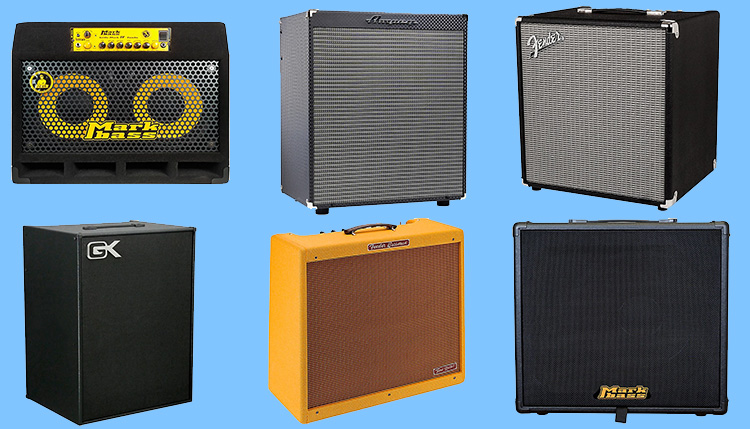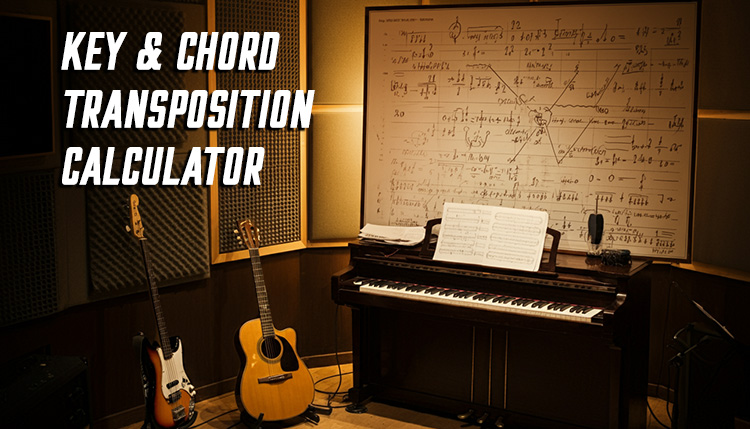While the fans make the show, the show has to first exist. The execution is extremely important. The right judges, the right show host, the sensible rules, and the right kind of contestants are all key ingredients. The result? A show that has longevity, a cult following, and a huge weekly impact on the iTunes Top 100. The Voice is definitely such a show.
Say what you will about Reality TV contests – they make for some of the best TV there is to watch. You get to watch a group of ordinary individuals transition from normalcy to stardom. The ordinary factor is gripping. I mean, it could be you for all you know, up there on that stage or in that set. That is until they show why they are part of the chosen few: belting out those Mariah-esque notes in the case of a singing competition.
Whether you love rooting for the underdog or always ride hard for the best, the support is immense. You pick your favorite and you run with them to the end. You cheer, sing along, cringe, and cry when elimination comes up. This is the case with millions of people. It is because of the journey taken with them over the course of the show’s season running. Total strangers feel like family. You will vote for them, defend their honor, and stream (buy/ download) all of their music on iTunes The Voice to ensure that your team keeps winning.
The Voice iTunes
The relationship between Apple Music and The Voice is on full display on both ends. For past seasons, Apple allows its users to relive the winners’ journey, as well as the other’s contestants’. There are many curated playlists, ranging from ‘The Voice Lives! Special Guests’ playlist to ‘Halloween’ and ‘Holiday’ playlists.
The coaches also have dedicated playlists for their fans to enjoy.
‘This Week on The Voice’ allows users of Apple Music to listen to performances from the show.
Season 18 Recap
The season ran from February to May 2020. For season 18, the team sizes were reduced from 12 to 10 people. The season also saw 5 artists compete in the finale. Competitors were not awarded any multiplier bonuses because the performances were not studio recordings, except for the final.
As was the case in season 17, the remaining competitors were required to record two solo songs and a duet with their coaches. The goal was the same: to get the largest number of streams (votes).
A certain Todd Tilghman took the #1 spot on iTunes the Voice with ‘Long Way Home’. The Blake Shelton-assisted ‘Authority Song’ hit #42. Thunderstorm Artis managed to hit #16 with ‘Sedona’ but with sales that were incomparable to those achieved by Todd. He combined with his coach Nick Jonas for ‘You’ll Be In My Heart’, hitting #137.
The remaining 3 contestants were not as prolific as the first 2. Micah Iverson hit #55 with ‘Butterflies’, Camm Wess hit #27 with ‘Save It For Tomorrow. Toneisha Harris was the highest of the lot with (un)lucky #13.
Todd Tilghman went on to win the season – the oldest winner in the show’s history.
Looking Forward: Season 19
Season 19 sees judge/ coach Nick Jonas replaced by the returning Gwen Stefani. Because of the current world situation, it is still unclear as to when the show is going to make its season 19 debut, and what the show is going to be like. The one thing that is for sure is that the show must go on.
The Voice will hopefully return with the red chairs and blind auditions. The fans will hopefully feel the thrill of seeing the next big thing. Finally, iTunes Top 100 will hopefully feature all the powerful artists The Voice is set to produce.
History of The Voice
Fun Fact: Did you know that the highly popular American TV Series is actually a spinoff of The Voice Holland—which aired in 2010?
The U.S. version of the Voice premiered on April 26, 2011, on NBC. The American singing competition show was based on The Voice of Holland under The Voice franchise. 18 seasons down the line, The Voice has cemented itself among the biggest show, even as it gears up for its 19th consecutive season. The idea behind the show is to find talented signers who are unsigned or are aspiring to make music their life. This is done via public auditions for ages 13 and over.
Over the years, winners have been chosen by viewers using various methods, some of which have been dropped as the show progressed. Most recently, voting via the internet/ The Voice app and using purchases of songs from the iTunes top 100 by The Voice contestants.
Each season, the winner receives $100,000 and a record deal with UMG (Universal Music Group). The winners over the years (in order) have been: Javier Colon, Jermaine Paul, Cassadee Pope, Danielle Bradbery, Tessanne Chin, Josh Kaufman, Craig Wayne Boyd, Sawyer Fredericks, Jordan Smith, Alisan Porter, Sundance Head, Chris Blue, Chloe Kohanski, Brynn Cartelli, Chevel Shepherd, Maelyn Jarmon, Jake Hoot, and Todd Tilghman.
The Voice – apart from the love from its fans – has received four Emmy Awards.
Judges and Genres
The show’s judges double up as the contestants’ coaches. Each season has mainstay judges who do the – well – judging. Critiquing aside, the judges get to pick contestants to nurture according to their tastes and genres. Whoever has the winning contestant on their team becomes the winning coach.
Except for Blake Shelton, who has been a judge since the show’s onset, occupants of the remaining slots have rotated. Even so, the balance on the panel has always been maintained. More often than not, the judge is a huge personality in the music industry, having maybe topped the iTunes charts themselves. This puts the coaches in a great position to nurture the contestants to success, even outside of The Voice.
The original panel had Christina Aguilera, CeeLo Green, Adam Levine, and Blake Shelton. The artistic and individual differences found in the panel ensure that any type of contestant is accommodated on the voice. This is much like the carefully curated charts on iTunes. Organized by genre, music on iTunes has a lot for every kind of music taste there is.
For the 19th season, the panel will have Blake Shelton, Gwen Stefani, Kelly Clarkson, and John Legend.
The Voice iTunes Connection
In a previously unseen move for a reality TV music competition show, The Voice incorporated iTunes into the voting process. This became a partnership between one of the largest music TV shows and the largest music platform there is. This was introduced in season 3 with 12 contestants left. Dingles purchases were incorporated into the rules. The finer details have been changed over the years, however.
Initially, voting through the Voice iTunes purchases of the contest performances counted as single votes within the specified voting window and only applied to the particular live show. If a competitor hit the Top 10 of the Top 200 Singles chart on iTunes the Voice, a bonus was given. This bonus multiplied the iTunes votes ten-fold. The multiplier saw a reduction to 5 times during season 5.
With the music landscape shifting from downloads to streaming, adjustments had to made to the voting count in the show’s 15th season. The bonus multiplier now included streams, but was only awarded to the artist with the most streams by the time the voting window was being closed. The vote count for the finale was different, with a Cumulative iTunes the Voice Vote Total coming into play. This meant that all singles bought both during and outside of the voting periods counted as well, including any bonus previously earned. This was for only the top 12 twelve contestants.
During season 18, the Voice iTunes bonus multiplier was scrapped at the start of the live shows because the recordings were not done in studios. This was because of social distancing measures put in place.
iTunes only allows high-quality, studio-grade recordings of the performed songs to be made available for streaming.
Apple iTunes voting instructions are as follows:
- Vote via Apple Music by streaming artists’ Eligible Song(s) during applicable voting windows.
- Limit ten (10) streams per Eligible Song per Apple ID.
- The artist with the most streams on their Eligible Song(s) at the close of the applicable voting period will receive an “Apple Music Bonus,” which multiplies the number of streams on their Eligible Song(s) by five (5).
- Streaming Eligible Song(s) any time will count toward the Cumulative Vote Total for each artist in the finale.
- Limit ten (10) streams per Eligible Song per Apple ID

iTunes The Voice Top 100
The top 4 contestants in season 17 were required to make two solo performances and a duet with their coaches. The goal here was to have the highest number of streamed songs from the two solo songs before a specified time – all for the 5x bonus. Jake Hoot, Ricky Duran, Katie Kadan, and Rose Short all sang their hearts out, both alone and with their coaches, to win the ears of the US audience. Jake Hoot did respectably well for a third week in a row and got the iTunes/ Apple Music bonus. His solos, ‘Amazed’ and ‘Better Off Without You’ ranked #6 and #5 respectively on the iTunes Top 100 the Voice music chart. His duet with Coach Kelly Clarkson hit #3, even though it did not count towards the total vote.
Even more impressive was Ricky Duran, whose solo ‘A Woman Like Her’ hit number 1 on iTunes. Number 1! His second solo did not chart as well, hitting #30, while his duet with Blake Shelton hit #14.
Katie Kadan’s ‘All Better’ hit #4 on the iTunes Top 100 the Voice chart. Her second solo and duet with John Legend hit #8 and #13 respectively. They were ‘I Don’t Want to Miss a Thing’ and ‘Merry Christmas Baby’.
Rose Short did not manage to crack the top 10 but hit #12, #45, and #87 with her two singles (‘Steamroller, ‘Border Song’) and duet with Gwen Stefani (‘My Gift is You).
The Voice has had a strong showing on iTunes. The partnership works well for both parties. For The Voice, iTunes offers a platform where the contestants can start building a name for themselves, on and off the show. For iTunes, The Voice extends its reach to fans who are not on iTunes. iTunes users get to enjoy good music whether they are fans of The Voice or not. Fans of The Voice get to support their favorite contestant and enjoy the best music streaming platform.
The Voice Contestants That Hit #1 on iTunes
Every once in a while, good music along with a great voice and a stellar performance get a contestant to number 1. This can either be during or after the show. This is no mean feat because:
- New music I churned out every day
- There are seasoned and established artists occupying the iTunes Top 100. The Voice contestants must be special to knock them off that perch.
Here are some of the few who have managed to get to #1:
- Tessane Chin: This beautiful songstress was the overall winner of season 5. She is reggae through and through. It was her semi-final performance of ‘Bridge of Troubled Waters’ that earned her one of hernumber 1 spots. She repeated the feat with ‘I Have Nothing’. Top position aside, she also managed to duet with Adam Levine for ‘Let It Be’. It peaked at #4.
- Laith Al-Saadi: During season 10, Laith Al-Saadi was blazing a trail for Blues on the iTunes chart. To put it into perspective, He had three songs, ‘Born Under a Bad Sign’, The Thrill is Gone’, and ‘One and Only’ that all made it to the iTunes podium finish. At number 4 sat the legendary Etta James with ‘At Last’. He was also the only one among his fellow contestants from the show on the chart.
- Jordan Smith: Jordan Smith managed to knock one of the best artists out of number 1, twice. Yes, Smith, who was the season 9 winner, went #1 with ‘Great Is Thy Faithfulness’. He toppled Adele’s ‘Hello’. He then performed ‘Somebody To Love’ and toppled ‘Hello’, also from Adele.
- Cassadee Pope: One of the most successful The Voice winners of all time is Cassadee Pope. A vibrant country music career came on the back of her season 3 win. She made it to number 1 prior to her win thanks to ‘Over You’, a song she co-wrote with Blake Shelton. Do you want to take a guess what song she toppled? ‘Gangnam Style!’. Toppling Adele is one thing, but PSY is another. The song was at the height of its viral fame, topping charts in tens of countries.
- Adam Wakefield: Adam Wakefield was in season 10 of The Voice. He hit #1 in the iTunes country chart with ‘I’m Sorry’. The Voice was on fire that day because even the second position was taken up by a fellow contestant, Mary Sarah.
Success Stories from The Voice
Contestants from the voice leave to find varying amounts of success in their paths. Here are some who have done well for themselves.
- Sawyer Fredricks: Sawyer is the youngest Voice winner at just 16 years old. The 2015 winner handed Pharrell his only win to date. Remarkably, 11 of his covers made the iTunes Top 10. He released a self-titled EP post-Voice which peaked at #2 and an LP which reached similar heights.
- Danielle Bradbery: She won the voice at 16, at one point the youngest to ever do it. The season 4 winner is country through-and-through. She joined Blake Shelton’s team. After The Voice, she put out a self-titled album that debuted at #19.
- Jordan Smith: Being the highest selling contestant at the time, Jordan was always tipped for big things. He again made history by having 3 songs on the Billboard Christian charts simultaneously, with the first 2 being his. His debut album, ‘Something Beautiful’, hit #2 on the Top 100. The follow-up holiday album debuted just outside the top 10.
- Cassadee Pope: After killing it on iTunes and winning season 3, Pope signed to Republic Nashville and released her debut album titled ‘Frame by Frame’ in 2013. It sold over 180,000 copies, peaking at number 1 on the Billboard country chart. Her collaboration with Chris Young earned her a Grammy nomination.
Are the Contestants Paid for the Voice iTunes Downloads?
Naturally, fans of The Voice continue to wonder of the contestants receive some remuneration according to the number of their songs downloaded. So, are they?
Yes, they are. Several years ago, Kat Robichaud from season 5 hosted an AMA on Reddit. One user asked whether she earns any money from the iTunes single recorded while on The Voice. Kat confirmed that she did receive royalties for the downloads. A slightly more detailed answer on Quora explains that the artist/ contestants have agreements with the label. This agreement compels the label to pay. How it works is that iTunes pays the label, then the label pays the artist a cut of the amount. Should the artist also be the song-writer, both the artist share and writer’s share are given.

